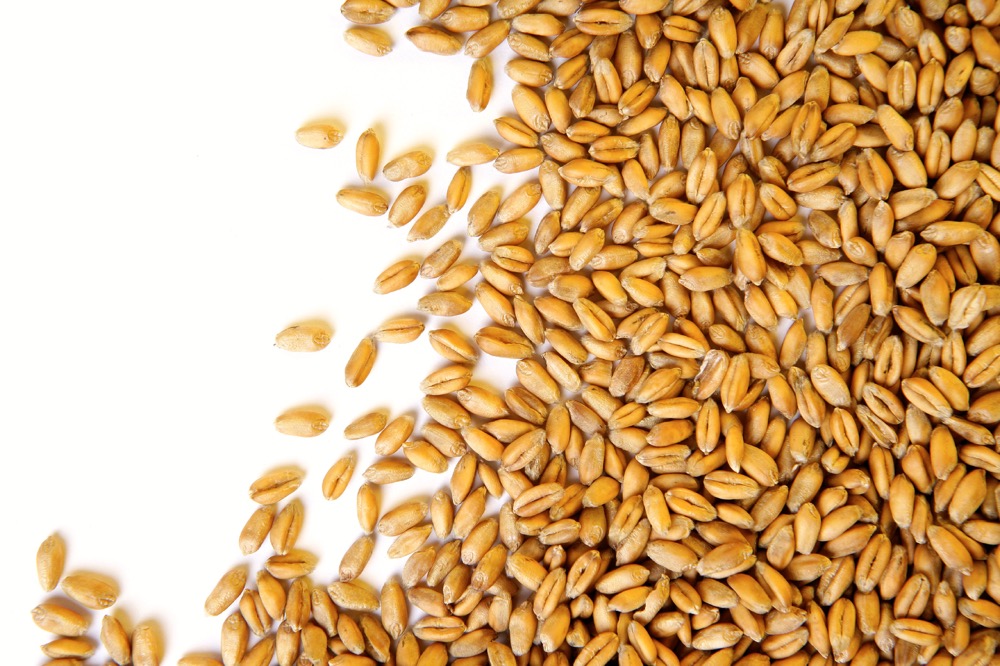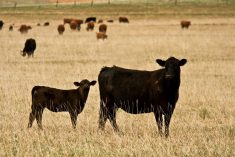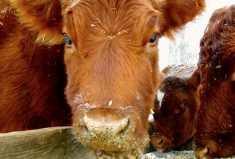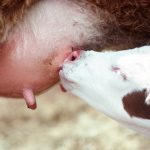The “one-week wonder” from seven to 10 days ago appears to have evaporated; a softer sentiment blanketed Western Canada this week, with feeder markets dropping $4 to $6 on average.
A significant slide in live cattle futures, along with softer cash prices, caused feedlots to move into a risk-averse mentality. Heavier replacements took the brunt of the pressure and mixed steers in the range of 800 to 850 lbs. readily traded in the range of $170 to $174 across Alberta and Saskatchewan. Larger-frame Angus-based medium-flesh steers averaging 775 lbs. were reported slightly under $200 in southern Alberta. Some premiums were noted in the major feeding regions, with a small group of 750-lb. Charolais-cross steers touching $205 in the Lethbridge area, but this was not the norm. Volumes were slightly lower due to Easter holidays, but cattle buyers couldn’t gather sufficient orders to sustain the market.
Read Also

IGC raises 2025/26 world wheat crop forecast
The International Grains Council has raised its forecast for 2025/26 global wheat production with crop outlooks upgraded for Russia, the United States and Argentina.
In late spring, there’s no incentive to buy cattle that can’t turn a profit, especially after the last round of feeding. The cattle feeder investor is not putting his hand on a hot iron for the second time and the absence of these players has left a void among buyers.
Lighter weight categories under 600 lbs. were extremely volatile, dipping as much as $10 from week-ago levels in some cases. The small farmer/backgrounder is preparing for seeding and major feedlots appeared to back away. Long-term feeding can tie up significant cash, which is not readily available. In central Alberta, a small group of red-white-face steers weighing just over 600 lbs. moved at $225. In southern Alberta, steers averaging around 525 lbs. sold from $256 to $262, with uneven mixed groups $5-$10 below these levels. There may have been straggler-type late arrivals coming on the market, which distorted the price structure. Certain markets reported highly variable quality this past week and this can weigh on prices for top-notch cattle.
Beef supplies are building over the next quarter and the market needs confirmation that the consumer will absorb the larger production. Food spending is running above last year, but with very little slippage in retail and restaurant prices, consumption levels may not increase to warrant higher cattle prices. Alberta packers were buying fed cattle in the range of $167-$169, similar to week-ago levels, but the U.S. market was US$3-$4 lower.
— Jerry Klassen is manager of the Canadian office for Swiss-based grain trader GAP SA Grains and Produits. He is also president and founder of Resilient Capital, which specializes in proprietary commodity futures trading and commodity market analysis. Jerry owns farmland in Manitoba and Saskatchewan but grew up on a mixed farm/feedlot operation in southern Alberta, which keeps him close to the grassroots level of grain and cattle production. Jerry is a graduate of the University of Alberta. He can be reached at 204-504-8339.













